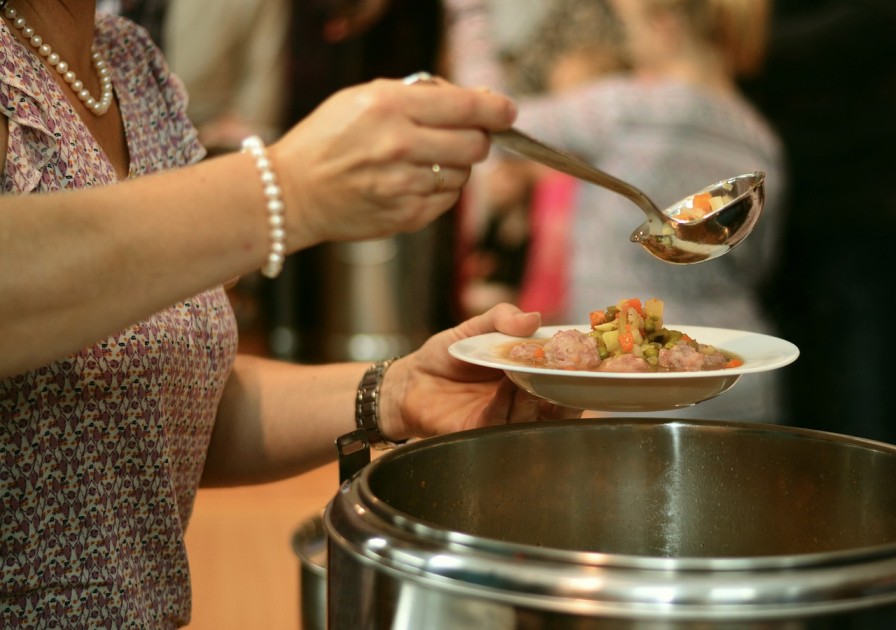
Culinary myths have many sources. They include our mothers’ cooking habits, movie scenes, and recipe books. All of them are firmly imprinted in our heads, and we follow them, sometimes without checking for accuracy. We hope that meat will soften if it is well marinated, and we add dry spices to the soup when it is almost ready.
We decided that it’s time to reconsider your cooking habits, and figured out common myths about cooking that should be left in the past.
Washing meat
Washing raw meat has proven to be an ineffective and dangerous activity. It doesn’t get rid of bacteria. Instead, we increase the risk of spreading them throughout the kitchen: splashes of water fly onto countertops, tile and other surfaces. Then we touch kitchen towels, condiment packets and other items with our hands, further increasing the chances of poisoning. Soaking meat or chicken in salt water is also useless. Only high cooking temperatures (over 65°C) will kill the bacteria.
Kneading biscuits with a spoon
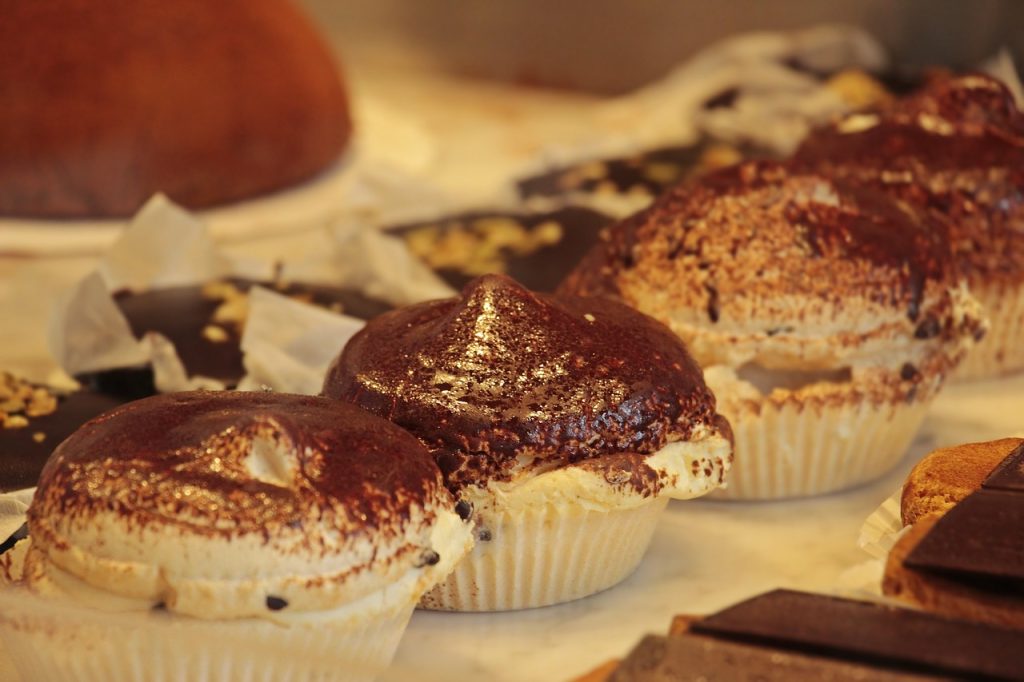
To keep the biscuit from dropping and turning out puffy, don’t knead the mixture of beaten eggs and flour with a spoon. Use a silicone spatula. It will not damage the delicate texture of the future biscuit and it will not fall.
Watering the poultry while baking for juiciness
This procedure has far more cons than pros. It only browns the bird, with no effect on the juiciness of the meat. But opening and closing the oven door for watering will significantly increase the cooking time. Chefs advise that for a golden crust, it is better to grease the carcass with vegetable oil before putting it in the oven.
Using a ladle for making pancakes
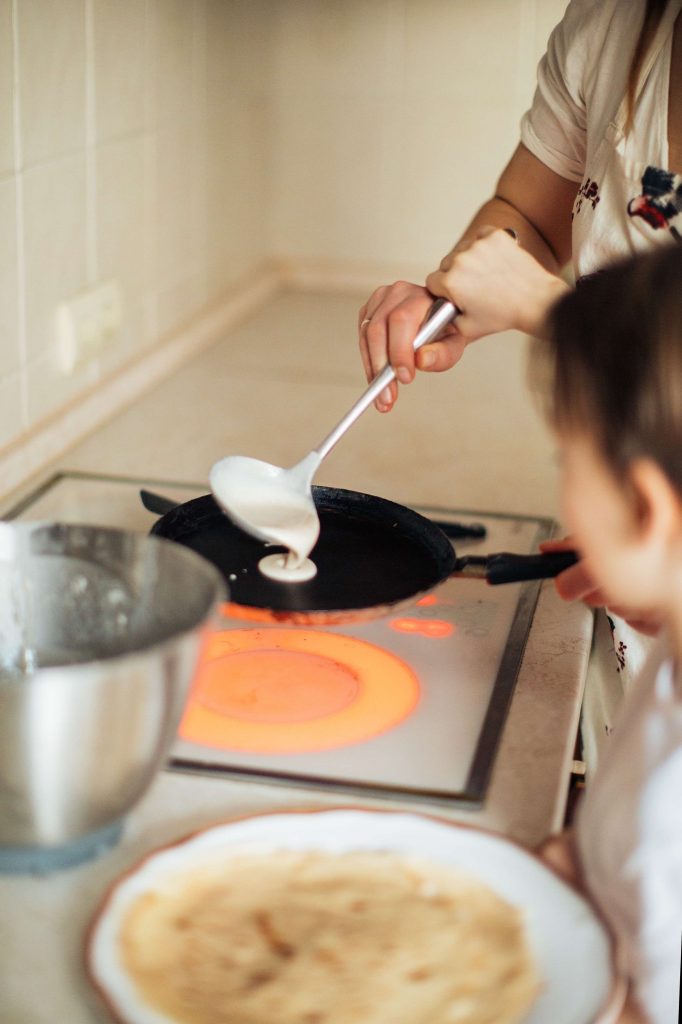
We are used to frying pancakes by spreading the batter with a ladle. But habit is not always about convenience. Before we learned to wield it, we used to get dozens of lumps instead of pancakes. To fry pancakes faster and more accurately, chefs advise using a plastic bottle. It is easier to dose the batter for pancakes or pancakes, and even a child can cope with this task.
Baking meals and storing foods in foil
Baking a dish in foil is a very convenient way to make dinner and not get the tray dirty. But studies have shown that acidic foods like tomatoes, citrus, pineapples, and apples absorb a lot of aluminum from it – even when stored. Therefore, it is better to either abandon the foil, or bake without such a garnish.
Marinating will make meat softer
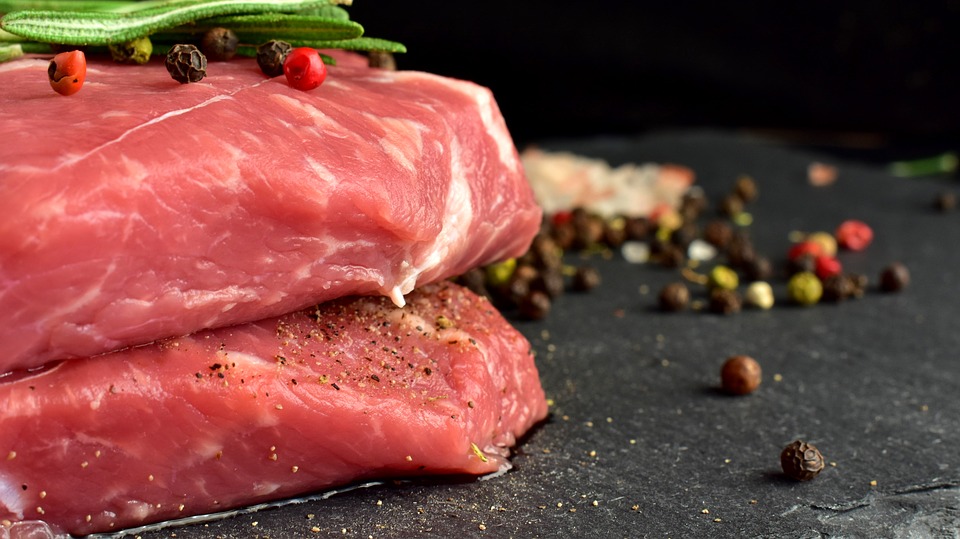
This myth is very persistent because there seems to be logic to it. The acids in the marinade (lemon juice, vinegar) destroy the connective tissue in the meat that supposedly made it tough. But that’s not true. The acids, by eating the tissues, do not soften the protein, but make it tougher. Pickling is acceptable, but only for flavor. A long stew, which melts the connective tissue and makes it look like jelly, will help soften the meat. Meat will also become softer if it is battered or sliced across the fibers.
Rinsing wheat pasta
Rinsing wheat pasta with cold water is what chefs call a tragedy. The water we pour into the sink could be used as a great base for a sauce. And rinsing with water won’t prevent pasta from sticking at all. It’s better to take the pasta or pasta out of the pot and put it directly into the pan or wok where you have the sauce cooking.
Adding dried herbs at the end of cooking
We are used to that in recipes herbs and spices are always added at the end of cooking. However, this way is good only when you have fresh leaves of thyme, oregano, basil or, for example, parsley. If you only have dried herbs, add them at the beginning of cooking. Then they will have time to develop their flavor and aroma.
Defrosting vegetables before cooking
Defrosting vegetables is a sure way to ruin the flavor of a dish and turn vegetables into a slimy substance. Most vegetables and greens, with the exception of leafy ones (spinach), should be tossed immediately when cooking and roasted or braised in a pan.
Washing fruits and vegetables before storing
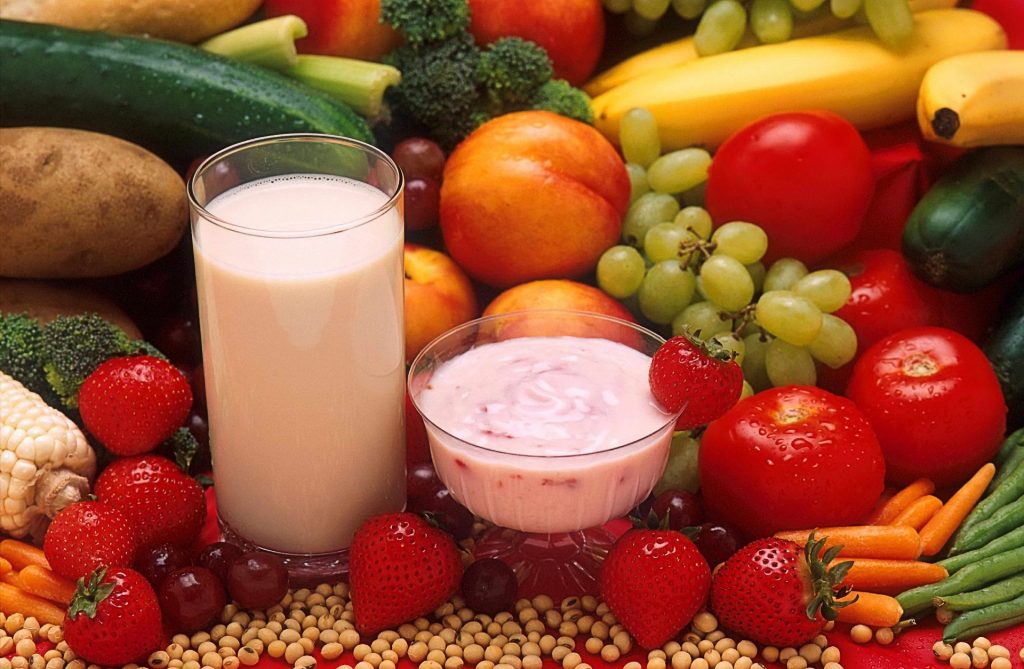
It would seem very convenient to wash fruits and vegetables before storage. But you shouldn’t do this, because in this form they will spoil faster. Moisture promotes the growth and decomposition of bacteria on fruits and vegetables. So it is better to wash them in the quantity you need for cooking or just before eating.
Raw potatoes will save over-salted food
Alas, both a piece of raw potato and even a whole potato are useless and will not save a dish from over-salting. Water, starch, a pinch of sugar or citric acid will do a much better job. And you have to act sequentially.
- First add water or broth, if there is any.
- Check the texture to see if it has become too runny. If it does, add starch or flour. If you use starch, increase the temperature, and vice versa if you use flour. The former will leave the dish transparent, while the latter will leave it cloudy.
- If the dish is still salty, add sugar. But keep in mind that the consistency of the dish may become more liquid again.
- After sugar, you can try adding a drop of citric acid or vinegar.




















